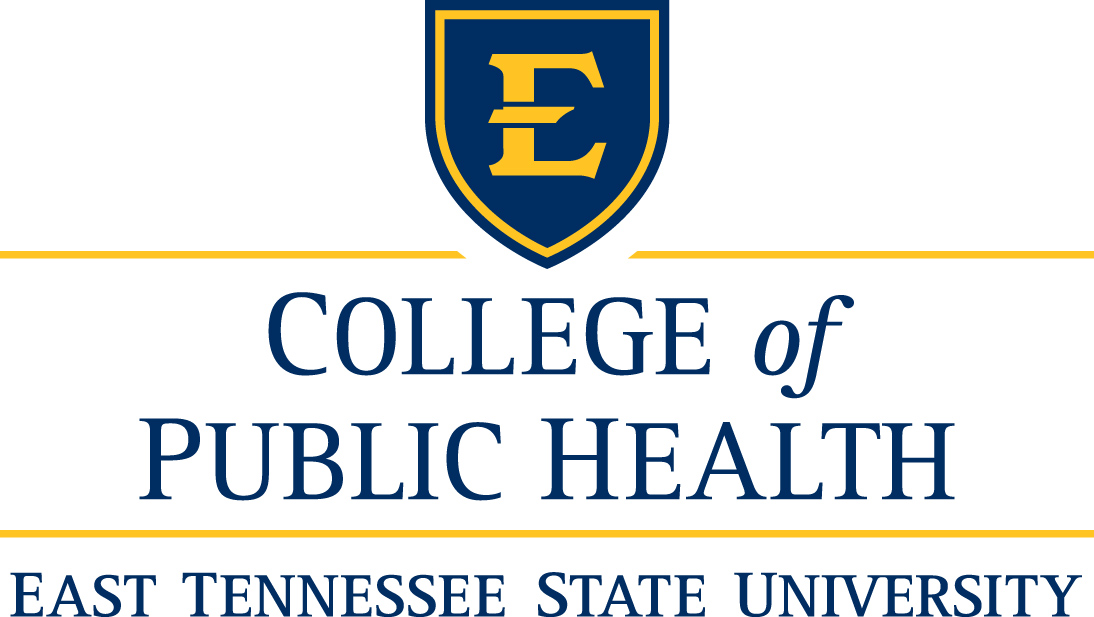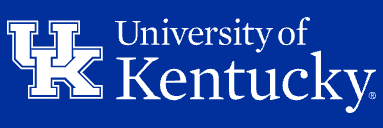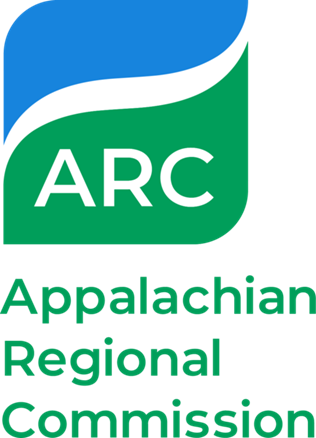Author Area of Expertise
- Manan Roy - Assistant professor in Health Care Management side of department at Appalachian State University (North Carolina)- expertise is in health economics, population and health statistics, food insecurity and health disparities.
- Alisha Farris - Assistant professor in Nutrition at Appalachian State- expertise in food insecurity, low income health disparities, child and family focused nutrition, and community based survey research.
- Erin Loy - registered dietitian who completed this survey project by interviewing participants as part of her masters project while at Appalachian State University in the MS- Dietetic Internship.
- Lauren Sastre - Assistant professor in nutrition department and director of farm to clinic program at East Carolina University (North Carolina) - expertise in food insecurity, nutrition education, free clinic population health and access, health disparities, and observational survey work.
- Danielle Nunnery - Assistant professor in nutrition at Appalachian State - expertise in food insecurity, nutrition education, free clinic and low-income population health and access, health disparities, and observational survey work.
Abstract
Introduction: Many uninsured adults rely on free health clinics for prevention and treatment of chronic disease. Little is known about the nutrition education needs of adults served by free health clinics, especially those living in counties within the Western North Carolina Appalachian Mountain Region.
Methods: An in-person survey was distributed to 202 clients of two free health clinics in western North Carolina. Descriptive analyses were conducted to determine frequency distributions for food and physical activity practices, acceptable topics and strategies for nutrition education, and the acceptance and barriers for various modalities.
Results: Depending on the clinic, 49-58% of participants were female with an average age of 45, and Caucasian (48–66%). Around half reported barriers to cooking. The majority frequently ate takeout and engaged in exercise. Participants were most interested in receiving local produce and recipes and were most likely to use a smartphone for nutrition information. Participants preferred actionable interventions but needed help overcoming barriers to food access and cooking.
Implications: Future interventions within clinics should focus on assessing patient needs and tailoring services. As transportation was the most commonly cited barrier, clinics could leverage online modalities to enhance clinic education in this population since a majority of clients had access to the internet via smartphone and over half cited interest in online nutrition education.
DOI
https://doi.org/10.13023/jah.0603.04
Creative Commons License

This work is licensed under a Creative Commons Attribution 4.0 License.
Recommended Citation
Roy M, Farris A, Loy E, Sastre L, Nunnery D. Nutrition education needs and barriers of uninsured clients who utilize free clinics in Western North Carolina. J Appalach Health 2024;6(3):27-49. DOI: https://doi.org/10.13023/jah.0603.04
Included in
Community Health and Preventive Medicine Commons, Public Health Education and Promotion Commons, Regional Sociology Commons





Social Media Links